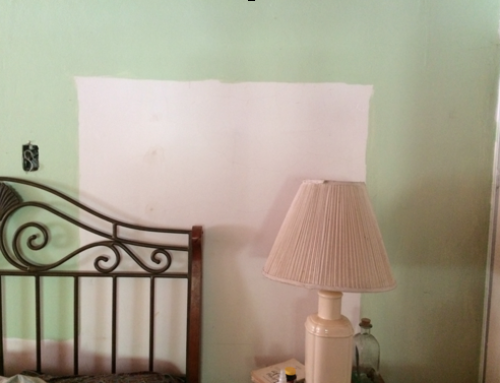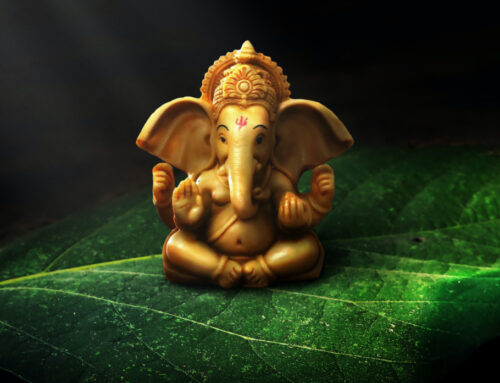The other day I heard someone equate security with stagnation. Hmmmmm. Hats off to an inquiring mind, and if not an original idea, at least an uncommon one.
Security – a form of stagnation. Could there be something there? Most people seem to be on a quest for security if I read all of the newspaper reports of the concerns people express about the current economic environment. Everyone’s afraid of losing his or her job. I saw one article in a popular business magazine about how to keep your job. The headline said something close to, “Now is not the time to ask for a raise”, and then went on to list a number of things you should or should not do in order to keep your job. Among those making the list were “Don’t wear perfume or cologne” as you might remind your boss of a hated ex-partner, and “Work extra long hours” as a sign of your dedication. Stop. Makes me want to to hurl as my Canadian friends say (Aayyy.)
Is this what security requires? Giving up your self-esteem, and expending energy on make-work in order to deceive your colleagues and employers? Make no mistake: it is deceit. This article is advising people to stay in the office regardless of what actions are required to further the goals of their department or company. Its espouses “pretending” that you are dedicated and loyal to your employer in order to keep your job. What a way to work? Wait, what a way to live? You’re spending a third of your day on the job, more like half or two-thirds if you take the advice of the well-meaning zombie who wrote that article. This of course is no problem if you genuinely love your job, and for this post I’m assuming that you’re like most people in the average working world, and are indifferent at best to your job. I observe most people saying that they would give up their job in a heartbeat if they could. They need what their job provides in terms of putting a roof over their heads, food on the table, the kids through college and the minimum monthly credit card payment. (I sense fodder for another post.)
So is this security? The article only addresses what to do to achieve security, not what security is. Let’s say you follow all of the advice and do what is necessary to avoid the firing line, are you secure? Do you feel that state of being secure? Do you feel comfortable that you won’t be booted out on the street at the next round of “downsizing” which could come at any moment?
I’m betting no.
Even when you’re left standing at each round of layoffs you know their will be another, and you can never be certain that you won’t be shot then.
Feeling good? Go get ‘em Tiger! (smile)
So what is security?
From dictionary.com (I’m so wired), the number one definition is “freedom from danger, risk etc. safety.” The number two definition is “freedom from care, anxiety, or doubt; well-founded confidence.” Sounds good. And I wonder. Is this possible? If you’re reading this you’re no doubt familiar with all of the religious and spiritual sayings that advise against the arrogance of certainty. Tomorrow may not come, and if it does there’s no guarantee that you’ll be in it. People live in and strive for a sense of certainty and safety that does not exist, and if it did they wouldn’t want it.
Aaah, but I must be careful now, I can only speak for myself. Would I want a life where everything was certain and there was no risk? What would that mean? I would know exactly how everything would play out? No worry, no chance of failure? Sounds like “Big Guy” (aka God) territory to me. Hmmmm. Sounds great, and no thank you.
While I do appreciate a large measure of predictability in my life e.g. knowing that when I order a latte at Starbucks just the way I like it, that that’s the way I’ll get it, or that I can have food delivered within half an hour of my putting the phone down; there are many things in life that I would hate if there was no risk involved. What fun would there be if there was no risk that it might not turn out the way I planned? Isn’t that’s what makes life interesting? Like so many aspects of life and truth, we look at one aspect of security and apply it to areas where it doesn’t work, and then we worry ourselves silly or even to death in pursuit of a false ideal.
Living safe and sheltered has its place in life, but not every place. If human beings didn’t feel the excitement of being at risk, we wouldn’t have had a Columbus, a Luther-King, a Gandhi, a Mandela, the Founding Fathers of America or the Christ. If these people wanted security in the sense that most people bandy the term around today, we’d all be living very differently and probably much worse off than we do now.
So heed this advice: take the risk of living your life, learn to love the excitement of uncertainty. The crap-hole you may be calling a job right now is at risk anyway, why not choose the risk you take as well as the reward? Put yourself out there in the game – the practice – of your life.
It’s all a practice, and don’t forget the point of practice is to grow. You don’t grow by looking for security.
“Yippie kai yay!”





I like it